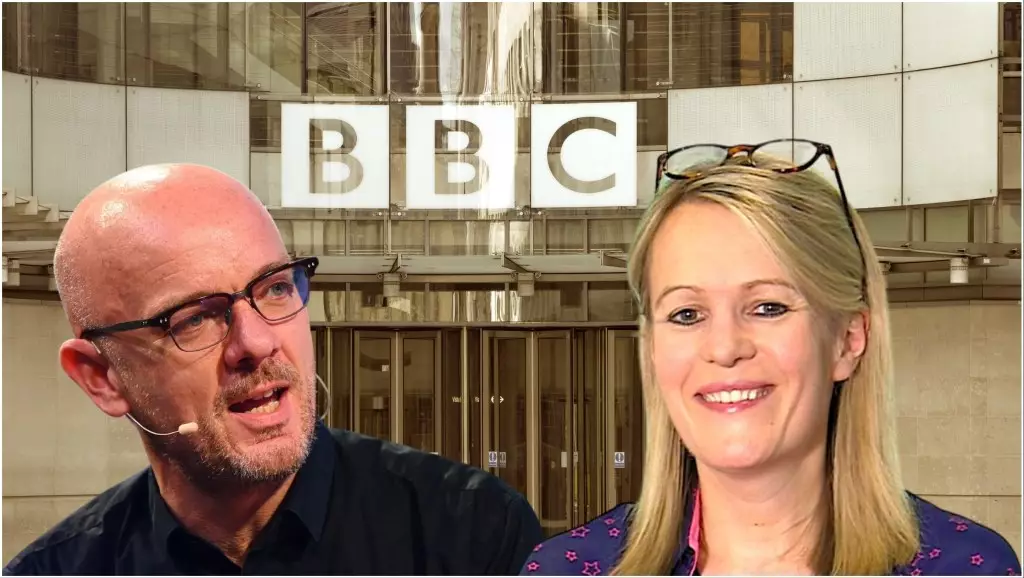The BBC is currently undergoing a significant leadership transition with the impending departure of Charlotte Moore, who has played a pivotal role as the content supremo. As the competition heats up to fill this crucial position, unique dynamics emerge in the battle for creative supremacy within British broadcasting. Insights shared by industry experts indicate the challenges and strategic advantages each candidate presents, reflecting a broader commentary on the evolution of content management in media today.
Key Players: Who’s In and Who’s Out
The initial speculation surrounding three esteemed candidates has now shifted dramatically with the withdrawal of Patrick Holland from contention. As the executive chairman of Banijay UK, Holland was viewed as a frontrunner, yet his decision to remain at Banijay speaks volumes about the pressures and risks surrounding leadership changes. Equally telling is the absence of Netflix UK chief Anne Mensah, who appears to have opted for stability over the tumultuous waters of a BBC shift. This trend suggests that potential leaders might be wary of entering positions at legacy institutions facing budgetary constraints compared to commercial giants.
Kate Phillips, the BBC’s unscripted boss and interim content chief, has emerged as a formidable frontrunner. Her existing rapport with colleagues and her adept management skills could be pivotal in cementing her ascent. With Phillips successfully navigating the department during a time of uncertainty, her leadership style may focus on collaborative creativity, potentially revitalizing the BBC’s content strategy.
Economic Factors at Play
An underlying thread of economic considerations has irrevocably influenced this leadership race. The BBC’s struggle to match salaries offered by wealthier competitors has led to a disheartening trend—the defection or withdrawal of top talent. Moore’s hefty pay of £468,000 stands in stark contrast to the BBC’s financial constraints, making the environment less enticing for external candidates. This economic context raises questions about the sustainability of attracting high-caliber candidates when salaries remain a point of contention.
Emerging Contenders and Their Potential Impact
The remaining contenders, such as Zai Bennett, CEO of BBC Studios Productions, possess a strong grasp of the organization’s vision and existing content landscape. However, the landscape also includes notable figures from beyond the BBC, like Tom McDonald of Nat Geo. These external candidates add an interesting layer to the selection process; their fresh perspectives could either invigorate or disrupt the existing BBC culture.
Moreover, the possible involvement of headhunters Grace Blue and Ibison further complicates the dynamics, as they bring a wealth of experience navigating executive talent acquisition. The intense scrutiny of recruitment efforts mirrors the challenges faced by the BBC as it seeks to adapt amidst a rapidly changing media environment.
Understanding the nuances of this leadership transition is critical, as the creative direction taken by the new content chief could define the BBC’s narrative in an increasingly competitive media landscape. As such, the strategic choices made in the coming weeks may not only influence internal morale but also the organization’s ability to resonate with audiences in the future.
